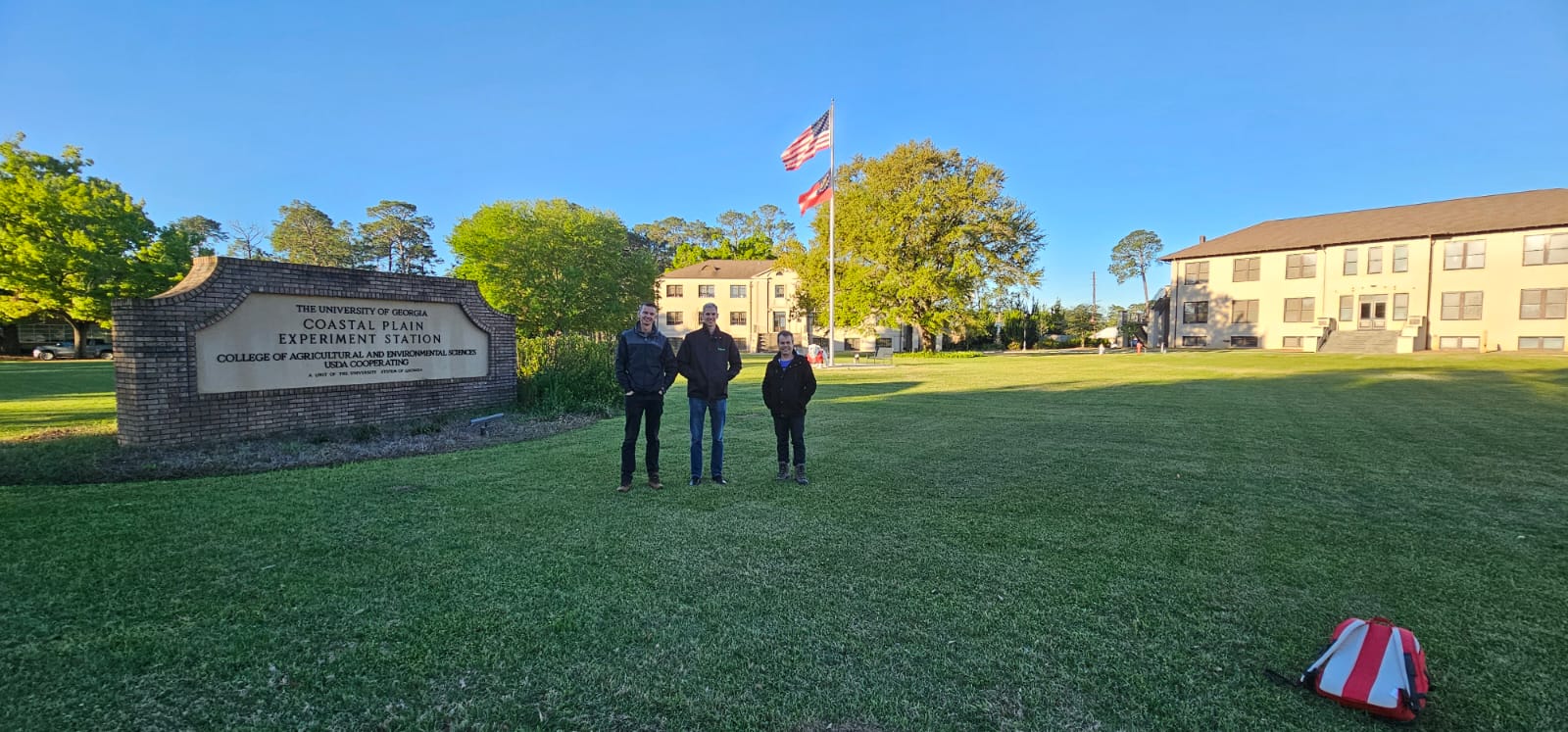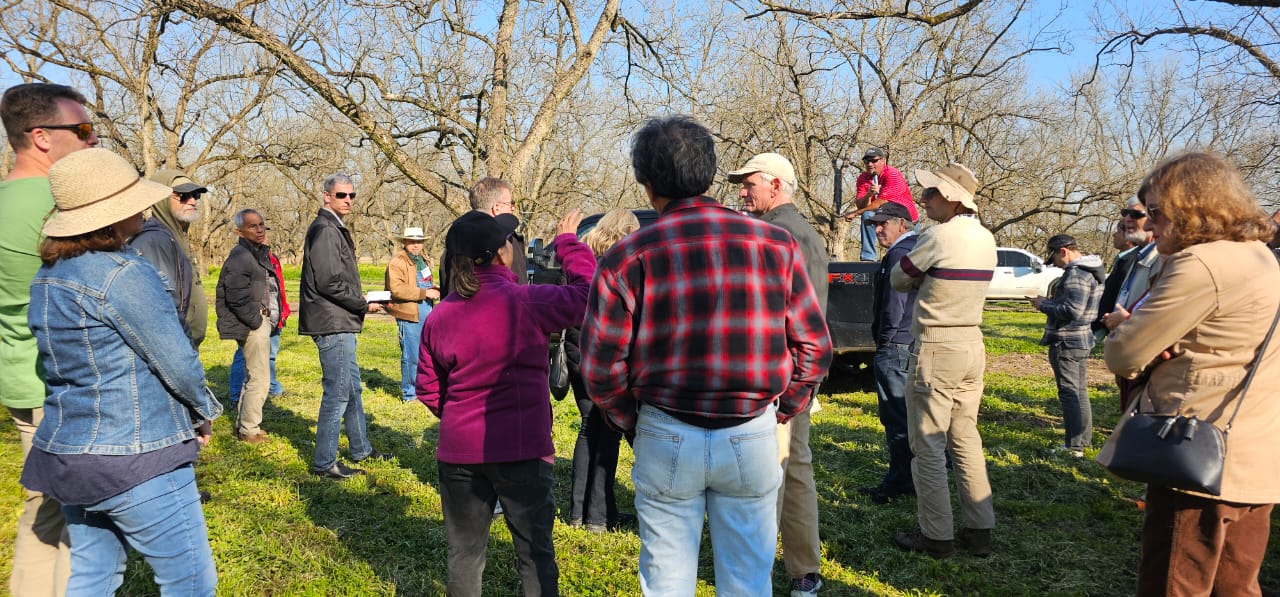Pecan nut production in Brazil has shown significant advancements in recent years, underscoring the importance of this crop in the national agricultural landscape. The state of Rio Grande do Sul leads the nation with an estimated production of 5,170 tons in 2023. The crop is spread across various state regions, with 1,502 pecan producers cultivating 6,370 hectares, as reported by EMATER/RS.
Among the key players in this success story is Agroindústria São Pedro, located in the city of Pântano Grande, renowned for its innovation and sustainability in pecan production.
Agroindústria São Pedro: A Story of Dedication and Innovation
Founded in 2012, Agroindústria São Pedro began its pecan orchard journey dedicating more than eight years to achieve its first commercial harvests. Spanning 60 hectares, the company uses integrated management technologies that enhance soil fertility, plant health, and natural resource conservation, resulting in sustainable, high-quality production.
The annual production capacity of Agroindústria São Pedro is 120 tons, with harvests from April to June. The company operates a modern facility for processing and refrigerated storage of nuts, ensuring year-round product availability. Cultivated varieties include Barton, Jackson, Success, Desirable, Maramec, and Mahan-Stuart, catering to demanding markets with high-quality products.

International Conferences and Scientific Collaborations
Demian Segatto da Costa, founder of Agroindústria São Pedro, Daniel Basso, pecan grower and Director of New Markets of IBPecan, and Jonas Janner Hamann and Tales Poletto, pecan experts, represented the IBPecan Institute—a Brazilian nonprofit association aimed at guiding, promoting, and stimulating the production, trading, and distribution of pecans—through events, courses, and partnerships with public and private institutions at the 59th Annual Pecan Growers Conference in Georgia, USA. This event, renowned for its discussions on innovations, technologies, and the future of pecan production, gathered producers, researchers, and companies worldwide.
During the conference, Demian, alongside researcher Tales Poleto, who holds a PhD from the Federal University of Santa Catarina (UFSC), forged connections with the University of Georgia, a leading institution in pecan studies. Their collaboration aims to map genetics and update cultivar options for new orchards in Brazil.
Participation in the conference has also enabled commercial negotiations and partnerships aimed at exporting Brazilian pecans to new markets. Agroindústria São Pedro already exports to the Middle East and Asia, seeking to expand its presence in other regions and leveraging its favorable position opposite to the Northern Hemisphere. This strategic positioning allows for fresher products in the global market during the off-season of American and Mexican harvest.
To consolidate Brazilian pecans in the international market, continued investment in quality and innovation is crucial, bolstering the sector and adding to the growth of pecan production in Brazil. With ongoing training and the implementation of modern techniques, Brazil aims to become a leading supplier of high-quality pecans, globally recognized for its excellence.

Support from Agro.BR
Agroindústria São Pedro is part of Agro.BR, a partnership between the Brazilian National Confederation of Agriculture (CNA) and ApexBrasil. The project aims to organize and boost the number of Brazilian rural entrepreneurs in international trade, diversifying the country’s export product list. According to Demian, “This qualification, this training, certainly made it easier for us to reach and demystify the challenges and barriers of exportation.”